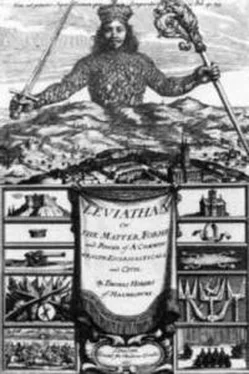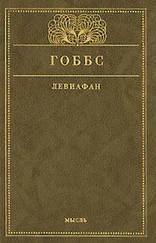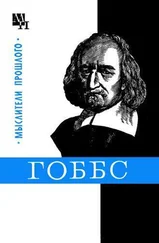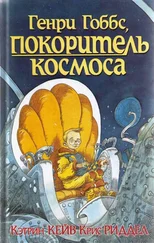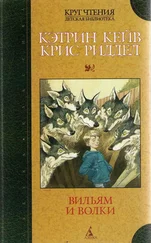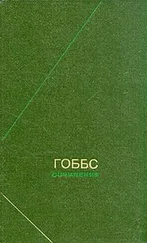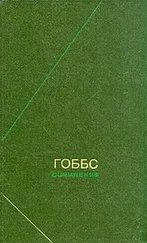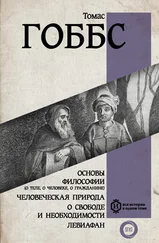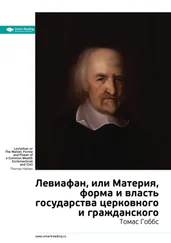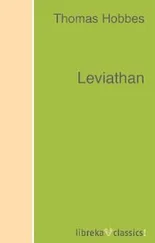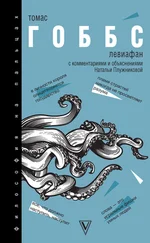From this it was, that the place where any of them taught, and disputed, was called Schola, which in their Tongue signifieth Leasure; and their Disputations, Diatribae, that is to say, Passing of The Time. Also the Philosophers themselves had the name of their Sects, some of them from these their Schools: For they that followed Plato's Doctrine, were called Academiques; The followers of Aristotle, Peripatetiques, from the Walk hee taught in; and those that Zeno taught, Stoiques, from the Stoa: as if we should denominate men from More–fields, from Pauls–Church, and from the Exchange, because they meet there often, to prate and loyter.
Neverthelesse, men were so much taken with this custome, that in time it spread it selfe over all Europe, and the best part of Afrique; so as there were Schools publiquely erected, and maintained for Lectures, and Disputations, almost in every Common–wealth.
Of The Schools Of The Jews
There were also Schools, anciently, both before, and after the time of our Saviour, amongst the Jews: but they were Schools of their Law. For though they were called Synagogues, that is to say, Congregations of the People; yet in as much as the Law was every Sabbath day read, expounded, and disputed in them, they differed not in nature, but in name onely from Publique Schools; and were not onely in Jerusalem, but in every City of the Gentiles, where the Jews inhabited. There was such a Schoole at Damascus, whereinto Paul entred, to persecute. There were others at Antioch, Iconium and Thessalonica, whereinto he entred, to dispute: And such was the Synagogue of the Libertines, Cyrenians, Alexandrians, Cilicians, and those of Asia; that is to say, the Schoole of Libertines, and of Jewes, that were strangers in Jerusalem: And of this Schoole they were that disputed with Saint Steven.
The Schoole Of Graecians Unprofitable
But what has been the Utility of those Schools? what Science is there at this day acquired by their Readings and Disputings? That wee have of Geometry, which is the Mother of all Naturall Science, wee are not indebted for it to the Schools. Plato that was the best Philosopher of the Greeks, forbad entrance into his Schoole, to all that were not already in some measure Geometricians. There were many that studied that Science to the great advantage of mankind: but there is no mention of their Schools; nor was there any Sect of Geometricians; nor did they then passe under the name of Philosophers. The naturall Philosophy of those Schools, was rather a Dream than Science, and set forth in senselesse and insignificant Language; which cannot be avoided by those that will teach Philosophy, without having first attained great knowledge in Geometry: For Nature worketh by Motion; the Wayes, and Degrees whereof cannot be known, without the knowledge of the Proportions and Properties of Lines, and Figures. Their Morall Philosophy is but a description of their own Passions. For the rule of Manners, without Civill Government, is the Law of Nature; and in it, the Law Civill; that determineth what is Honest, and Dishonest; what is Just, and Unjust; and generally what is Good, and Evill: whereas they make the Rules of Good, and Bad, by their own Liking, and Disliking: By which means, in so great diversity of taste, there is nothing generally agreed on; but every one doth (as far as he dares) whatsoever seemeth good in his own eyes, to the subversion of Common–wealth. Their Logique which should bee the Method of Reasoning, is nothing else but Captions of Words, and Inventions how to puzzle such as should goe about to pose them. To conclude there is nothing so absurd, that the old Philosophers (as Cicero saith, who was one of them) have not some of them maintained. And I beleeve that scarce any thing can be more absurdly said in naturall Philosophy, than that which now is called Aristotles Metaphysiques, nor more repugnant to Government, than much of that hee hath said in his Politiques; nor more ignorantly, than a great part of his Ethiques.
The Schools Of The Jews Unprofitable
The Schoole of the Jews, was originally a Schoole of the Law of Moses; who commanded (Deut. 31.10.) that at the end of every seventh year, at the Feast of the Tabernacles, it should be read to all the people, that they might hear, and learn it: Therefore the reading of the Law (which was in use after the Captivity) every Sabbath day, ought to have had no other end, but the acquainting of the people with the Commandements which they were to obey, and to expound unto them the writings of the Prophets. But it is manifest, by the many reprehensions of them by our Saviour, that they corrupted the Text of the Law with their false Commentaries, and vain Traditions; and so little understood the Prophets, that they did neither acknowledge Christ, nor the works he did; for which the Prophets prophecyed. So that by their Lectures and Disputations in their Synagogues, they turned the Doctrine of their Law into a Phantasticall kind of Philosophy, concerning the incomprehensible nature of God, and of Spirits; which they compounded of the Vain Philosophy and Theology of the Graecians, mingled with their own fancies, drawn from the obscurer places of the Scripture, and which might most easily bee wrested to their purpose; and from the Fabulous Traditions of their Ancestors.
University What It Is
That which is now called an University, is a Joyning together, and an Incorporation under one Government of many Publique Schools, in one and the same Town or City. In which, the principal Schools were ordained for the three Professions, that is to say, of the Romane Religion, of the Romane Law, and of the Art of Medicine. And for the study of Philosophy it hath no otherwise place, then as a handmaid to the Romane Religion: And since the Authority of Aristotle is onely current there, that study is not properly Philosophy, (the nature whereof dependeth not on Authors,) but Aristotelity. And for Geometry, till of very late times it had no place at all; as being subservient to nothing but rigide Truth. And if any man by the ingenuity of his owne nature, had attained to any degree of perfection therein, hee was commonly thought a Magician, and his Art Diabolicall.
Errors Brought Into Religion From Aristotles Metaphysiques
Now to descend to the particular Tenets of Vain Philosophy, derived to the Universities, and thence into the Church, partly from Aristotle, partly from Blindnesse of understanding; I shall first consider their Principles. There is a certain Philosophia Prima, on which all other Philosophy ought to depend; and consisteth principally, in right limiting of the significations of such Appellations, or Names, as are of all others the most Universall: Which Limitations serve to avoid ambiguity, and aequivocation in Reasoning; and are commonly called Definitions; such as are the Definitions of Body, Time, Place, Matter, Forme, Essence, Subject, Substance, Accident, Power, Act, Finite, Infinite, Quantity, Quality, Motion, Action, Passion, and divers others, necessary to the explaining of a mans Conceptions concerning the Nature and Generation of Bodies. The Explication (that is, the setling of the meaning) of which, and the like Terms, is commonly in the Schools called Metaphysiques; as being a part of the Philosophy of Aristotle, which hath that for title: but it is in another sense; for there it signifieth as much, as "Books written, or placed after his naturall Philosophy:" But the Schools take them for Books Of Supernaturall Philosophy: for the word Metaphysiques will bear both these senses. And indeed that which is there written, is for the most part so far from the possibility of being understood, and so repugnant to naturall Reason, that whosoever thinketh there is any thing to bee understood by it, must needs think it supernaturall.
Errors Concerning Abstract Essences
From these Metaphysiques, which are mingled with the Scripture to make Schoole Divinity, wee are told, there be in the world certaine Essences separated from Bodies, which they call Abstract Essences, and Substantiall Formes: For the Interpreting of which Jargon, there is need of somewhat more than ordinary attention in this place. Also I ask pardon of those that are not used to this kind of Discourse, for applying my selfe to those that are. The World, (I mean not the Earth onely, that denominates the Lovers of it Worldly Men, but the Universe, that is, the whole masse of all things that are) is Corporeall, that is to say, Body; and hath the dimensions of Magnitude, namely, Length, Bredth, and Depth: also every part of Body, is likewise Body, and hath the like dimensions; and consequently every part of the Universe, is Body, and that which is not Body, is no part of the Universe: And because the Universe is all, that which is no part of it, is Nothing; and consequently No Where. Nor does it follow from hence, that Spirits are Nothing: for they have dimensions, and are therefore really Bodies; though that name in common Speech be given to such Bodies onely, as are visible, or palpable; that is, that have some degree of Opacity: But for Spirits, they call them Incorporeall; which is a name of more honour, and may therefore with more piety bee attributed to God himselfe; in whom wee consider not what Attribute expresseth best his Nature, which is Incomprehensible; but what best expresseth our desire to honour him.
Читать дальше
